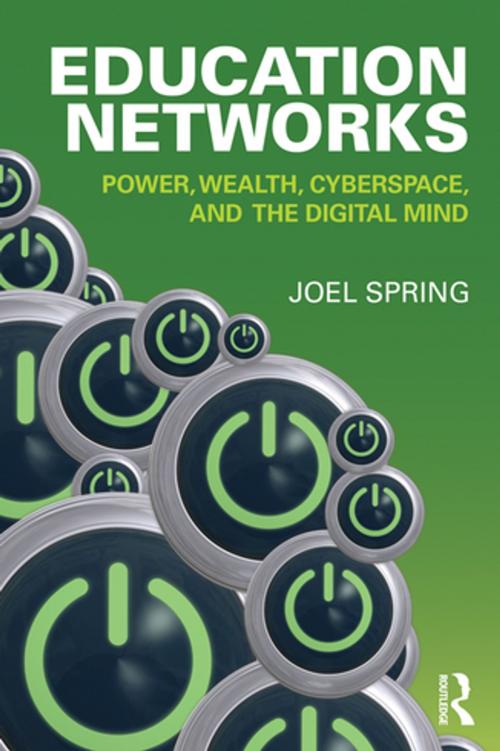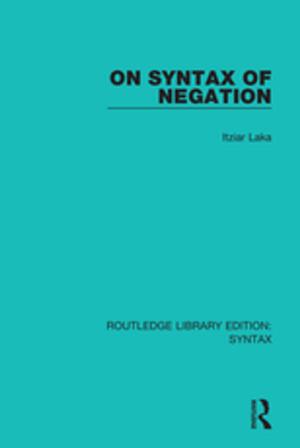Education Networks
Power, Wealth, Cyberspace, and the Digital Mind
Nonfiction, Reference & Language, Education & Teaching, Educational Theory, Aims & Objectives, Educational Reform| Author: | Joel Spring | ISBN: | 9781136583438 |
| Publisher: | Taylor and Francis | Publication: | March 22, 2012 |
| Imprint: | Routledge | Language: | English |
| Author: | Joel Spring |
| ISBN: | 9781136583438 |
| Publisher: | Taylor and Francis |
| Publication: | March 22, 2012 |
| Imprint: | Routledge |
| Language: | English |
Education Networks is a critical analysis of the emerging intersection among the global power elite, information and communication technology, and schools. Joel Spring documents and examines the economic and political interests and forces —including elite networks, the for-profit education industry, data managers, and professional educators — that are pushing the use of ICT for online instruction, test preparation and tutoring, data management, instructional software packages, and more , and looks closely at the impact this is having on schools, students, and learning.
Making a distinction between "mind" (as socially constructed) and "brain" (as a physiological entity), Spring draws on recent findings from comparative psychology on the possible effects of ICT on the social construction of the minds of students and school managers, and from neuroscience regarding its effect on students’ brains. Throughout, the influence of elite networks and powerful interest groups is linked to what is happening to children in classrooms. In conclusion Spring offers bold suggestions to change the course of the looming technological triumph of ICT in the "brave new world" of schooling.
Education Networks is a critical analysis of the emerging intersection among the global power elite, information and communication technology, and schools. Joel Spring documents and examines the economic and political interests and forces —including elite networks, the for-profit education industry, data managers, and professional educators — that are pushing the use of ICT for online instruction, test preparation and tutoring, data management, instructional software packages, and more , and looks closely at the impact this is having on schools, students, and learning.
Making a distinction between "mind" (as socially constructed) and "brain" (as a physiological entity), Spring draws on recent findings from comparative psychology on the possible effects of ICT on the social construction of the minds of students and school managers, and from neuroscience regarding its effect on students’ brains. Throughout, the influence of elite networks and powerful interest groups is linked to what is happening to children in classrooms. In conclusion Spring offers bold suggestions to change the course of the looming technological triumph of ICT in the "brave new world" of schooling.















